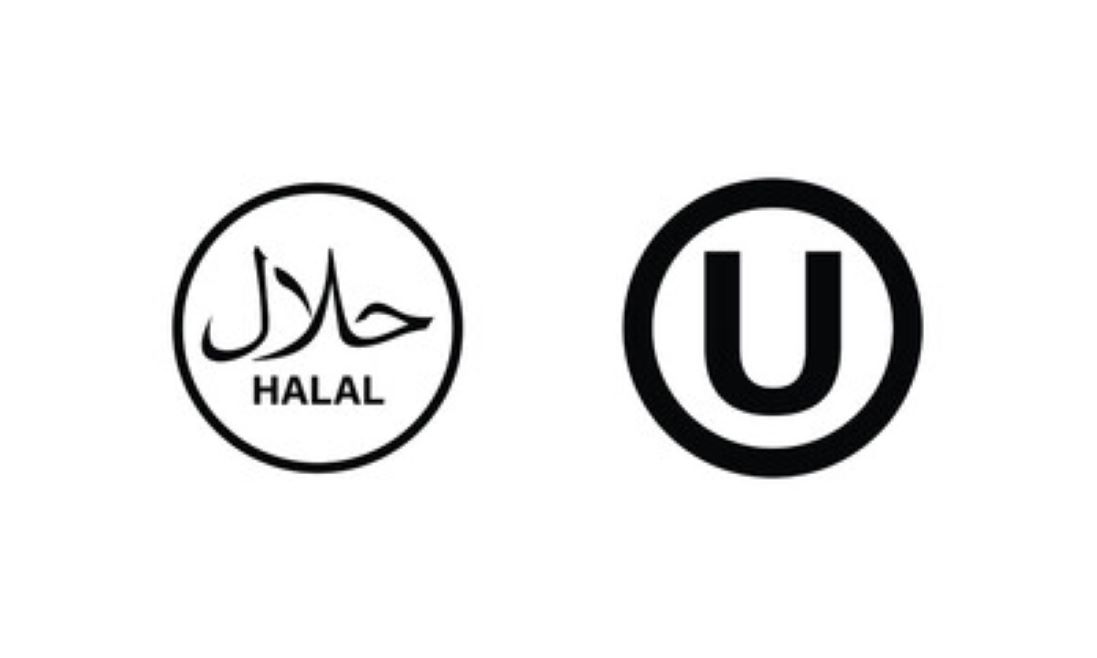Have you ever tried Halal food? Does it taste any different?
When it comes to food, many of us have our preferences and tastes. But have you ever wondered what makes Halal dish unique? Let’s embark on a delicious journey to uncover the secrets behind Halal cuisine, all while keeping that playful vibe alive!
What Does ‘Halal’ Mean?
To truly understand Halal food, we need to start with the basics. The word “Halal” itself is an Arabic term that means “permissible” or “lawful.” In Islamic dietary laws, it signifies what is allowed to be consumed or used.

Authentic References: Quranic Ayahs
The foundation of Halal food can be traced back to the Quran, the holy book of Islam. Let’s take a look at some relevant Ayahs (verses) from the Quran:
- “O mankind, eat from whatever is on earth [that is] lawful and good…” (Quran, 2:168)
- “And do not consume the property of orphans, except [that which is] intending for them to be consumed, until they reach maturity…” (Quran, 2:220)
These verses emphasize the importance of consuming what is lawful and good, as well as the prohibition of exploiting the vulnerable. This is the foundation upon which Halal food principles are built.
The Halal Process with regards to food
Now, let’s delve into the process that makes food Halal:
- Slaughtered by a Muslim: The slaughter must be conducted by a practicing Muslim.
- Animal Slaughter: One of the key aspects of Halal meat is how it’s slaughtered. The animal must be healthy and alive at the time of slaughter. The name of Allah (God) is invoked, and a swift and humane cut to the throat is made to ensure the blood is fully drained. This method is believed to result in meat that is both Halal and hygienic.
- No Pork or Alcohol: Halal food strictly prohibits the consumption of pork and any food or drink containing alcohol. These items are considered impure in Islamic dietary laws.
- No Cross-Contamination: Utensils, cooking surfaces, and kitchen tools used for preparing Halal food must not come into contact with non-Halal items to avoid contamination.
- No Haram Ingredients: Food additives or ingredients derived from Haram (forbidden) sources are also not allowed in Halal food production.
Why Does Halal Food Taste Different?
Now, back to the playful question – does it taste any different? The answer is often “not necessarily.” The primary difference lies in how it’s prepared and the care taken to ensure it adheres to Halal standards. This, even when not in reality a difference in taste, the spiritual satisfaction in having food that adheres to one’s faith would indeed spice the taste up.
In essence, halal dish is more about the process and principles than the taste itself. It’s a reflection of a rich and diverse culinary tradition that spans the globe.
In Conclusion
Halal food is more than just a type of cuisine; it’s a way of life for many who follow Islamic dietary laws. It’s a testament to the importance of mindfulness, compassion, and faith in what we eat.
So, the next time you savor a delicious Halal dish, you can appreciate the cultural and spiritual significance that goes into every bite.
